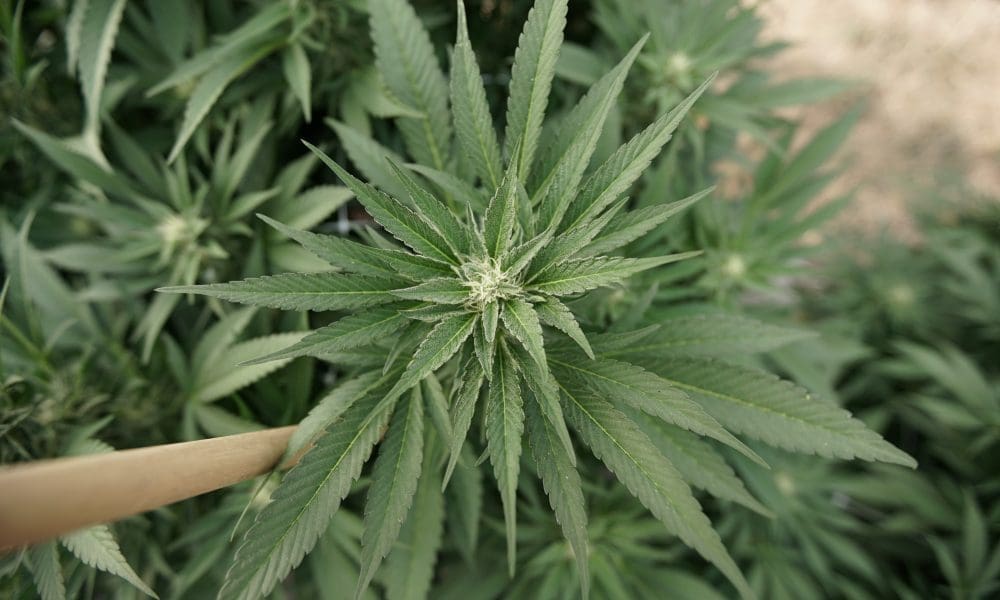Research on Cannabis Use Among Student Athletes
A recent presentation that examined research on student athletes’ cannabis use has revealed that marijuana “has demonstrated positive findings as an alternative for pain management among NCAA athletes.” The talk was delivered by Aquriya Muller, a master’s student from Jacksonville State University, and it drew insights from various studies on marijuana’s effects on athletes, particularly for pain relief.
NCAA Policy Changes Regarding Cannabis
Significantly, the National Collegiate Athletic Association (NCAA) removed marijuana from its list of banned substances for Division I athletes last year, noting that cannabis is not a performance-enhancing drug and should be regarded similarly to alcohol.
Benefits of Marijuana in Pain Management
The new research findings indicate that marijuana may improve tissue oxygenation, decrease muscle spasms, and aid in pain management for athletes. Specifically, for individuals with fibromyalgia, cannabis use has shown benefits in relieving pain and stiffness, enhancing relaxation and promoting better sleep. Additionally, marijuana’s anti-inflammatory qualities were noted as beneficial for recovery following exercise.
Encouraging Comprehensive Treatment Approaches
Muller’s presentation featured an example of a Division I basketball player who utilized marijuana for muscle spasm relief and pain management, along with improved sleep quality. Her report emphasizes the importance for trainers and healthcare providers to stay informed about the latest research findings and to integrate both alternative and conventional treatment methods.
Call for Additional Research
While Muller recognized the potential benefits of marijuana, she also highlighted the necessity for further research, noting that many studies reviewed had a “lower level of evidence” and were deemed less reliable. It was pointed out that the effectiveness of marijuana can vary among individual athletes, with concerns about behavioral health and performance still needing more exploration.
NCAA’s Shift Towards Athlete Well-Being
Last year, the NCAA’s decision to decriminalize cannabis built upon previous policy changes that adjusted THC testing thresholds to align the organization’s regulations with those of the World Anti-Doping Agency (WADA). The NCAA’s drug testing program aims to maintain the integrity of competition, with an emphasis on supporting student-athlete health and well-being rather than enforcing punitive measures for cannabis use.
Wider Implications in Sports
Various sports organizations have begun to reevaluate their marijuana testing policies, reflecting shifts around cannabis legalization. The NFL and its players union made notable changes to suspend punitive measures for marijuana use, while organizations like the UFC have taken steps to modify their banned substances lists as well. Ongoing studies suggest cannabis could serve as a useful alternative for managing chronic pain and potentially help alleviate the opioid crisis.



